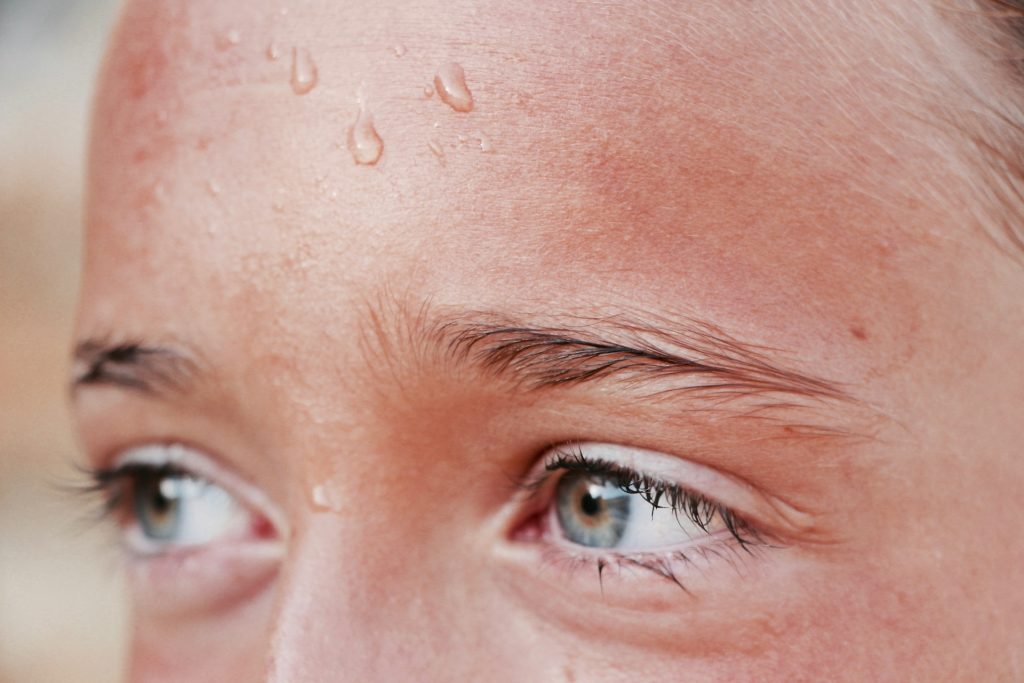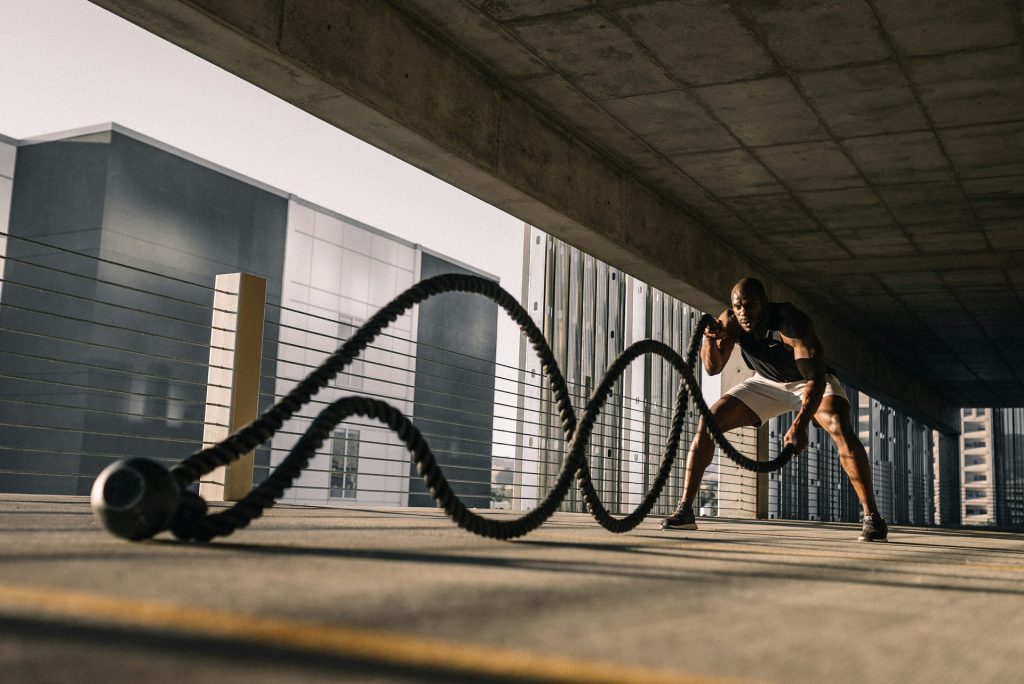Ever heard the saying, “Sweat is just fat crying”? It’s a popular belief that sweating buckets means you’re burning a ton of calories. But is there any truth to it? Let’s dive into the sweaty details and see if perspiration really translates to calorie incineration.

How Many Calories Does Sweating Burn?
Let’s cut to the chase: sweating itself doesn’t burn a measurable amount of calories. It’s your body’s natural way of regulating temperature, cooling you down by releasing water and salt through your skin. So, while sweating might make you feel like you’re working hard, it doesn’t directly equate to significant calorie burn.
Take Bikram yoga, for example. Some claim it can torch up to 1,000 calories per hour, but studies tell a different story. A 90-minute session of Bikram yoga burns about 330 calories for women and 460 for men, comparable to brisk walking. So, it’s not the sweat but the activity level that counts.
The Real Deal on Calorie Burn
Calories are burned through physical activities that get your heart pumping and muscles working, whether you’re sweating or not. Swimming, lifting light weights, or exercising in cold weather—where you might not sweat much—can still burn significant calories.
Sweat, however, can be a handy indicator of how intensely you’re working out. The American College of Sports Medicine suggests aiming for 30 minutes of moderate-intensity exercise (enough to break a sweat while still being able to chat) five days a week for optimal health.

Why Do Some People Sweat More Than Others?
Ever wondered why you might sweat more than your workout buddy? Several factors come into play:
- Genetics
- Environmental Factors
- Age
- Fitness Level
- Weight
Your weight and fitness level are particularly influential. Heavier individuals sweat more because their bodies work harder to cool down more mass. Meanwhile, fitter people tend to start sweating sooner and more efficiently, as their bodies are better at temperature regulation, allowing them to exercise longer and harder.
The Benefits of Sweating
Sweating isn’t just about cooling down. Here are some perks:
- Healthier Skin: Sweating increases blood circulation, delivering more oxygen and nutrients to your skin.
- Performance Indicator: Breaking a sweat often means you’re challenging yourself appropriately in your workouts. Just be mindful not to overdo it—listen to your body!
Are There Any Risks to Sweating?
Dehydration
When you sweat, you lose fluids, which can lead to dehydration, especially in hot or humid conditions. It’s crucial to rehydrate by drinking water regularly during and after workouts. Severe dehydration can be dangerous, so watch for symptoms like extreme exhaustion, dizziness, or confusion.
Hyperhidrosis
Excessive sweating can be a sign of hyperhidrosis. If it disrupts your daily life or comes with other symptoms like night sweats, it’s wise to consult a doctor. And if you experience severe symptoms like chest pain or a high fever alongside sweating, seek medical help immediately.
How to Burn Calories Safely
For sustainable weight loss, the goal is to burn more calories than you consume. Approximately 3,500 calories equal one pound of fat, so you need to create a calorie deficit to lose weight. Here’s how to do it healthily:
- Adopt an Active Lifestyle: Aim for at least 30 minutes of exercise five days a week.
- Eat a Balanced Diet: Focus on whole foods—fruits, vegetables, lean proteins, and whole grains.
- Stay Hydrated: Drink plenty of water throughout the day.
The Bottom Line
Sweating might help you lose a bit of water weight temporarily, which is why athletes like wrestlers use it to make weight classes. However, this is not a healthy or effective method for long-term weight loss. The calories lost through sweating are minimal and quickly regained upon rehydration.

For real weight loss, focus on a balanced diet and regular exercise. If you need guidance, your doctor can help you create a personalized plan. Remember, slow and steady wins the race when it comes to losing weight healthily.
So next time you’re drenched in sweat after a workout, feel proud of your hard work—but know that the real calorie burn is happening behind the scenes, not just through those beads of sweat!





